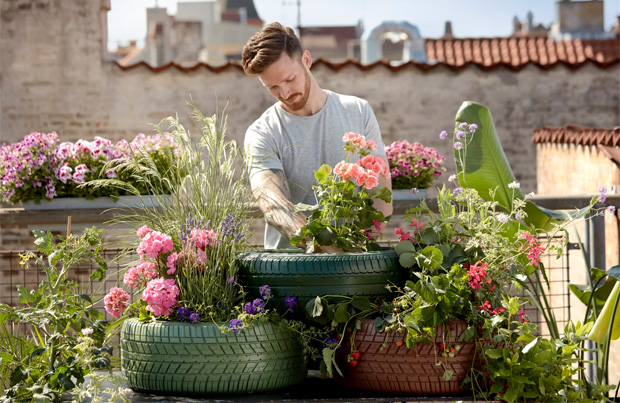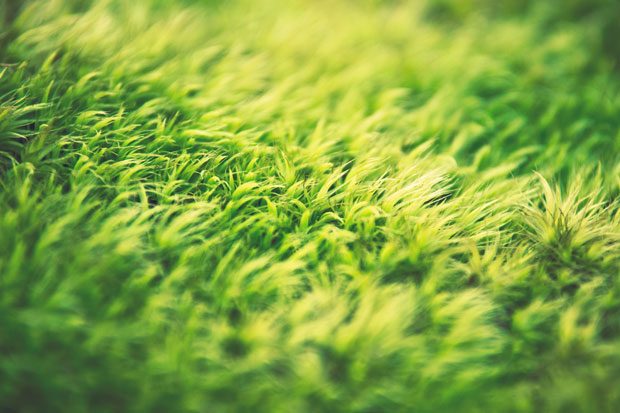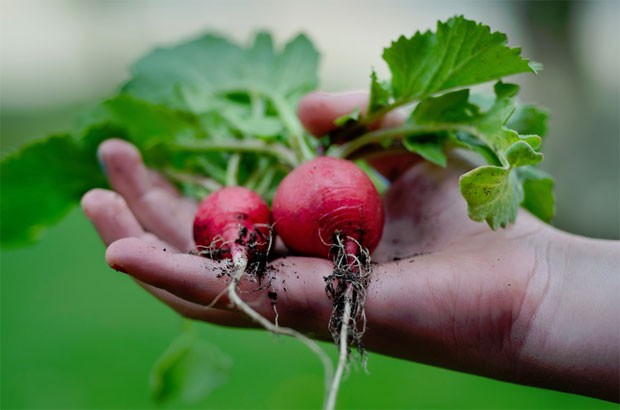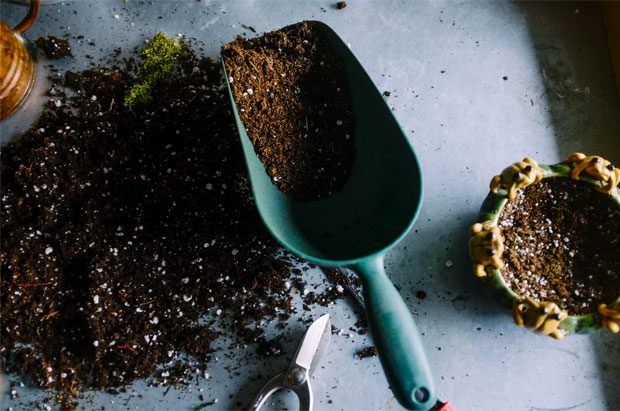8 Tips for Creating a Sustainable Garden

8 Tips for Creating a Sustainable Garden
If you’re looking into ways to be more sustainable in your everyday life then the first step is to take a look at how things are done at home. Your home and your lifestyle at home are the perfect reflections of how sustainable you are. There’s always something that could be made to change at home in the name of better sustainability. One of the best ways for any home to get sustainable is through its garden. Gardening helps the ecosystem, it helps offset your carbon footprints thanks to growing produce rather than going out buying it, plus it’s the perfect way to help pollinators such as bees and butterflies as well.
While gardens tend to be very sustainable you may be surprised to hear that there are some unsustainable and less eco-friendly habits that gardeners are doing. This includes using peat soil, removing wildlife such as snails, and applying chemicals to their plants. But these are some super easy ways to get your garden sustainable all while cutting some of the costs down as well. So here’s how it’s done!
- Begin by trying out organic gardening
Everyone knows that organic gardening is good for the soil, the produce, and of course the ecosystem. While time and time again this has been proven, plenty of gardeners still skip out on going organic. Going organic is an absolute must if you’re wanting to be a sustainable gardener. Using few chemicals is not only going to save you some money, but this is also very ecologically sound as well.
Gardening organically can make a massive impact on your garden, you’ll notice your garden is becoming happier and healthier when doing this. A lot of arguments against organic would be pests, but there are organic solutions to pests as well.
- Plant what’s indigenous to your region
It’s always better to go native when it comes to your plants. Planting those that are already from your area tends to mean that less work needs to go into taking care of them. This means less water and they’re immediately going to thrive better because they’re better suited for the climate, soil, and rainfall within the area you’re in.
Native plants aren’t invasive like nonnatives plants, they’re better for the native wildlife in your area anyways. Feel free to check out your local library or even search online for native plants from your area. Sometimes, you’ll find seeds for native wildflowers from your area at gardening stores.

- Cut back on cutting the grass
It wasn’t until the Victorian Era did this expectation arrived of having crisp and clean lawns. This means cutting the grass and having limited plants with the exception of grass. While lawns can look nice, at the same time they’re so boring too! A beautiful green weed-free lawn tends to use so many resources. You’re having to cut the grass, use a de-weeder or some type of weed killer, and a sprinkler system has to be put into place as well. This takes up so many resources just to have land with nothing but grass. Lawns aren’t necessarily good for mother nature.
So how can you go the sustainable route? Cutting your grass less is a great first step. This is going to allow insects to move around, which could potentially lead to wildflowers, plus, you’ll be using a lot fewer resources for maintaining your lawn too. A yard can still look beautiful, this whole “unkempt lawn” is nothing more than a social concept that has been around for over 100 years. It’s not sustainable, and wildlife matters more than what your neighbors think of your garden.

- Grow your own food
During the pandemic, people all around the world began to have an interest in gardening. Growing your own veggies, fruits, and herbs is completely sustainable and can even taste better what’s why you buy them at the store. Raising your own food is the perfect way to become sustainable. There is plenty of low-effort produce to grow which includes peppers, tomatoes, lettuce, corn, and even berry bushes which keep coming back each more. If you get a greenhouse from www.cultivargreenhouses.co.uk, then you’ll be able to grow tasty crops all year round. Now that is called sustainability!
- Save seeds
Why go out and buy seeds from a garden store or online when you can get them yourself? Fruits and veggies produce seeds, and these can be used for growing produce. Even when it comes to flowers, you can simply collect the seeds from those so you can continuously grow the flowers. It’s free and it’s the gift that just keeps on giving. If you regularly buy bird food, such as seeds, then this is an excellent way to get seeds for your garden as well. Bird food often has sunflowers and sunflower seeds are great for eating plus they’re one of the best pollinators around.

- Try out composting
Composting doesn’t take too much work. All you need is a sturdy compost bin, and the will to use it. So why not compost your green waste? Gardeners are always going to have wastes such as deadhead flowers, dried leaves, old stems, wood, etc. All of these can be used and placed in a compost bin where they’ll break down and then turn into nutrient-rich fertilizer. Your garden will give back to you, you just need to put the effort in to help it give back.
- Collect water
Why waste money on a sprinkler system? Why spend money on filling up the watering can from yours? Rain collectors are one of the best things out there. This helps you collect water which can then be used for improving your garden. Rainwater is free, so why not use it? Other than buying the rainwater collector, you’re not going to have to worry about anything else.
- Water your plants less
Another great way to work on sustainability is by watering your plants less. There are plants that prefer to have less water, and these can thrive beautifully in any garden. So this is something that you should try out for your garden. It will make your garden cheaper in the long run.
Contributed Article.





